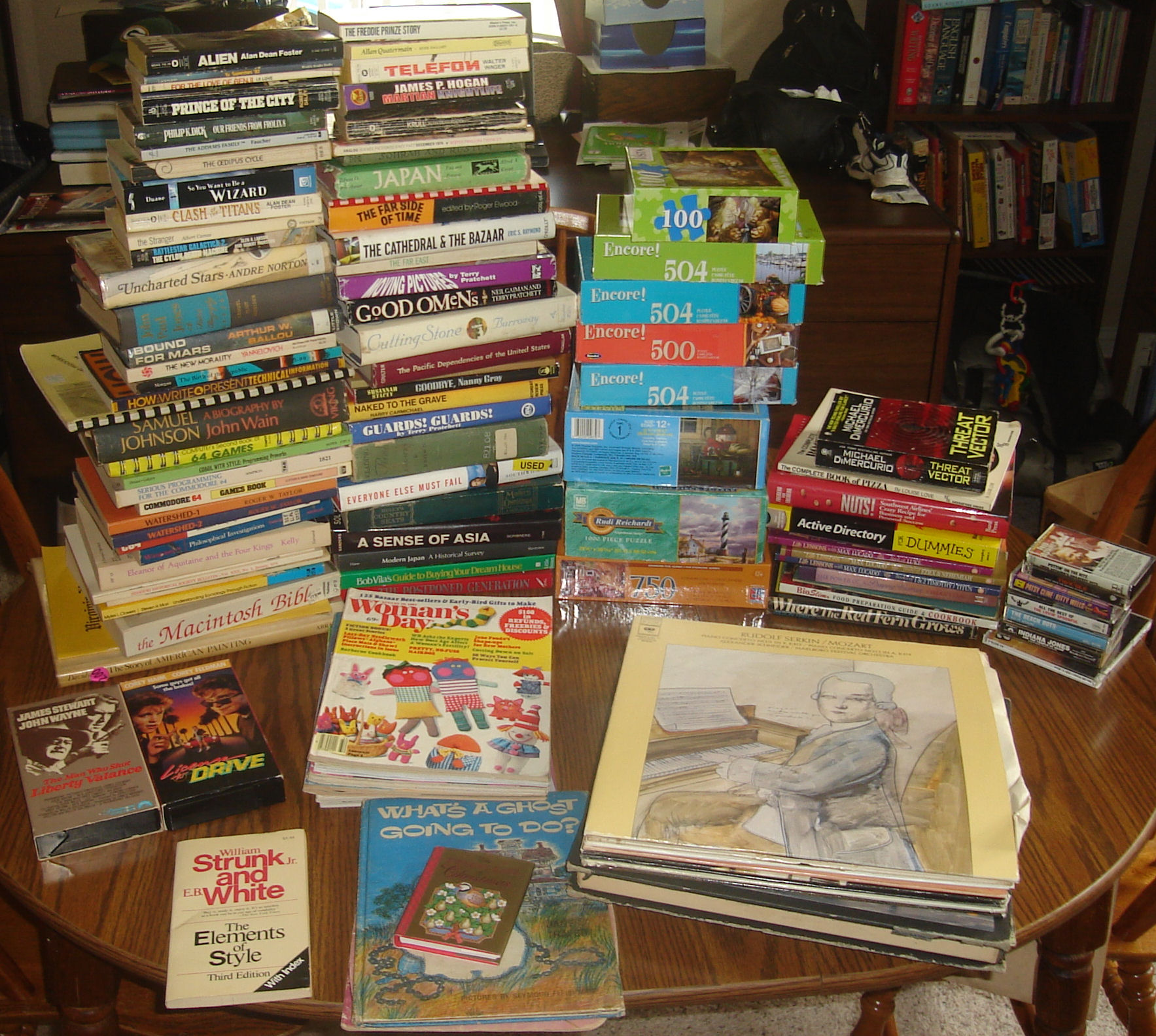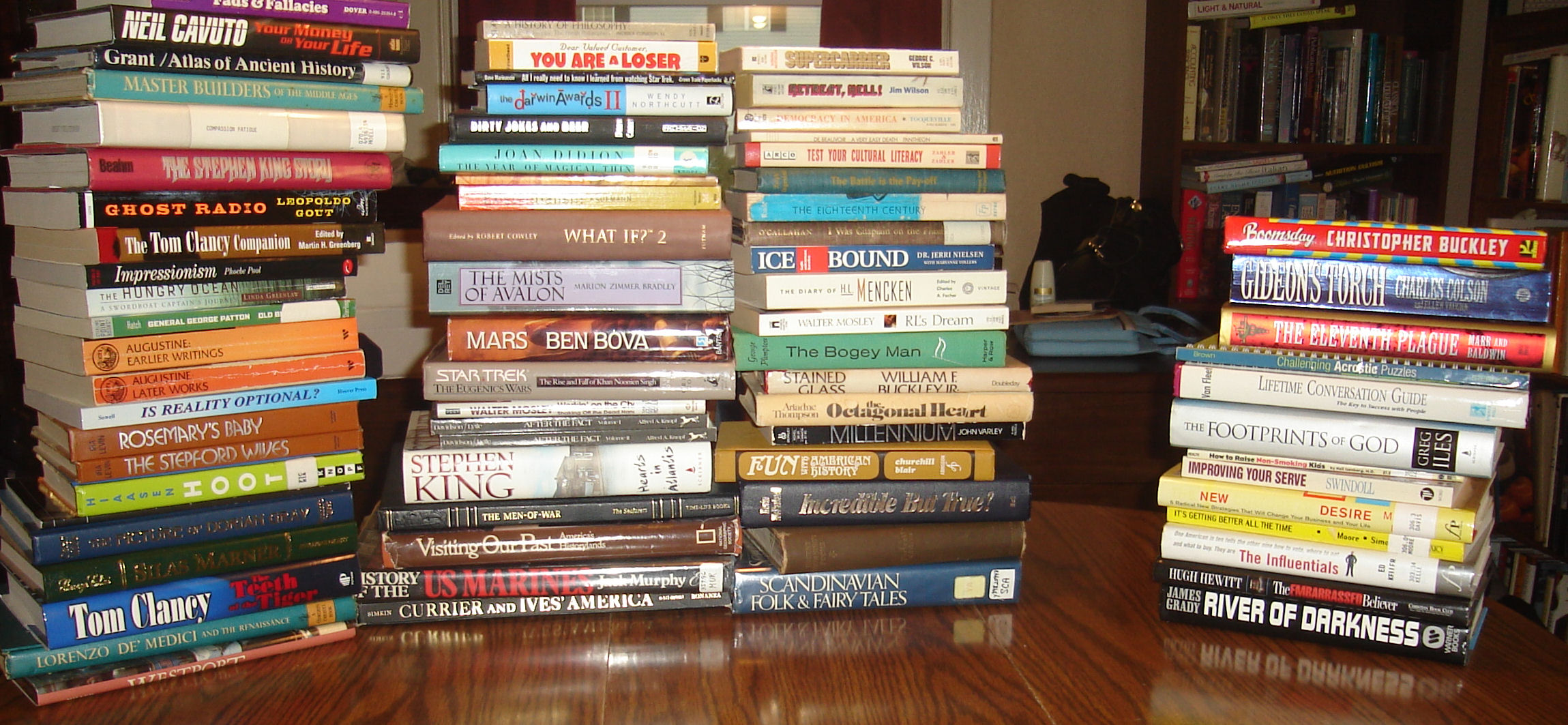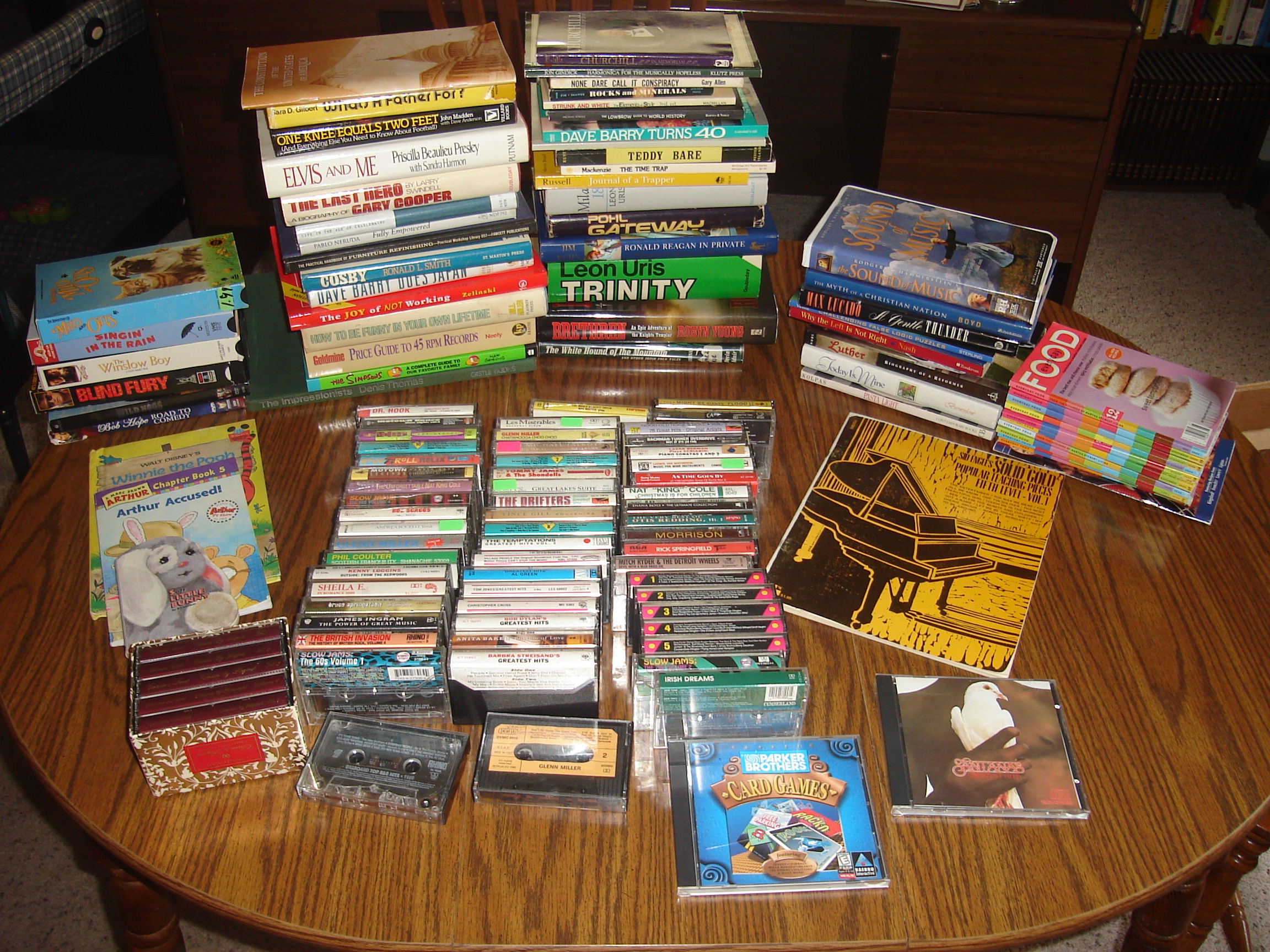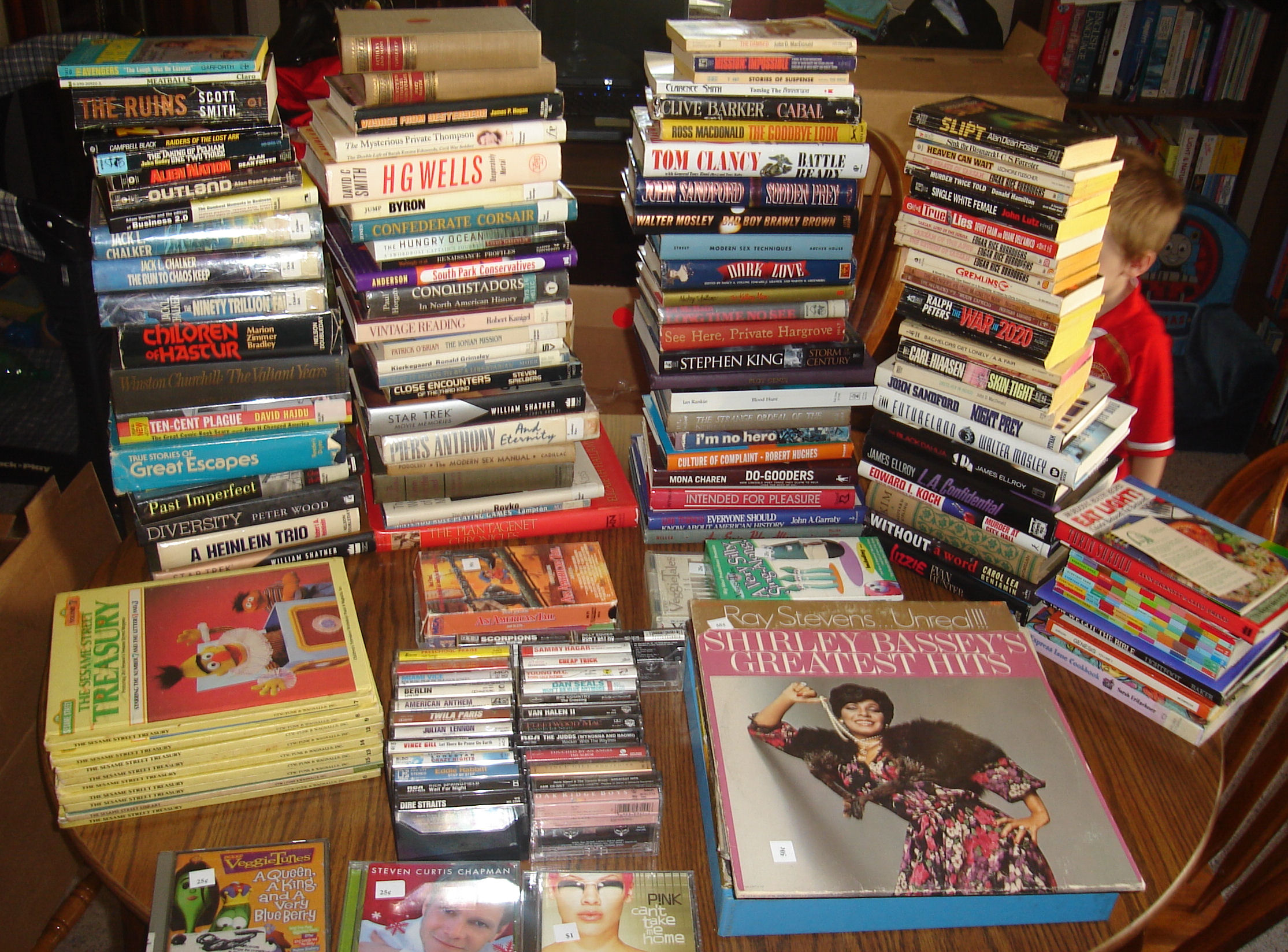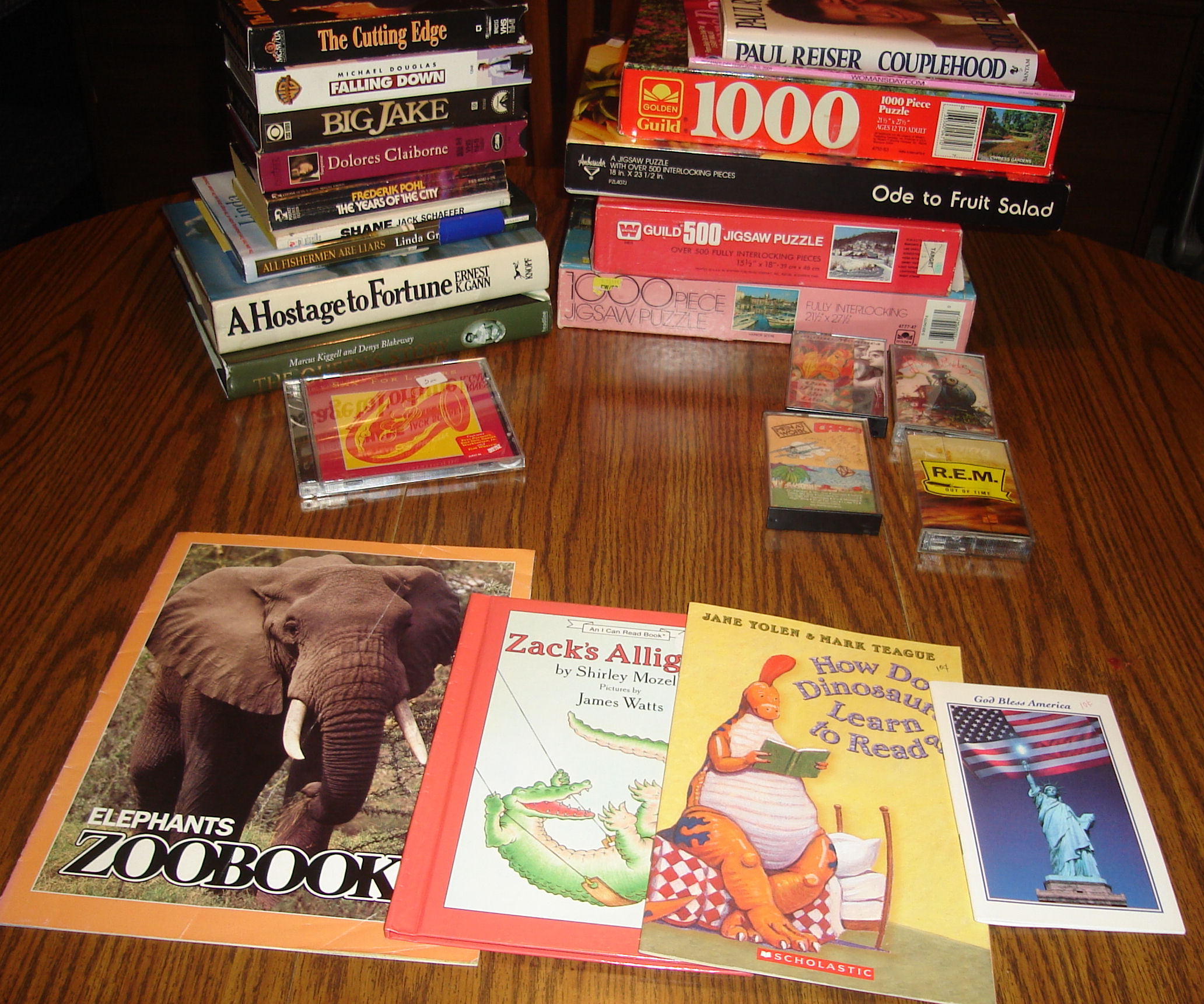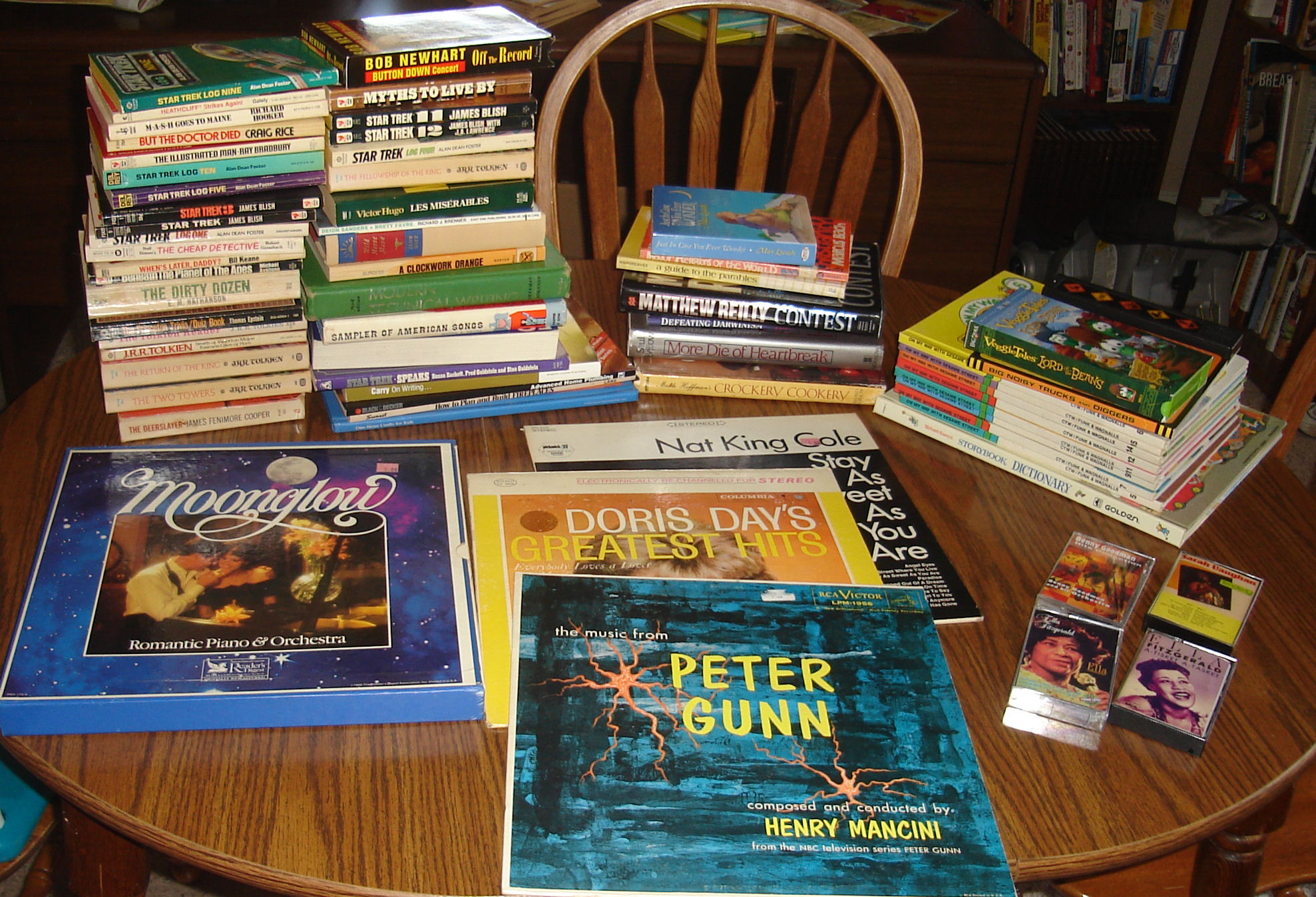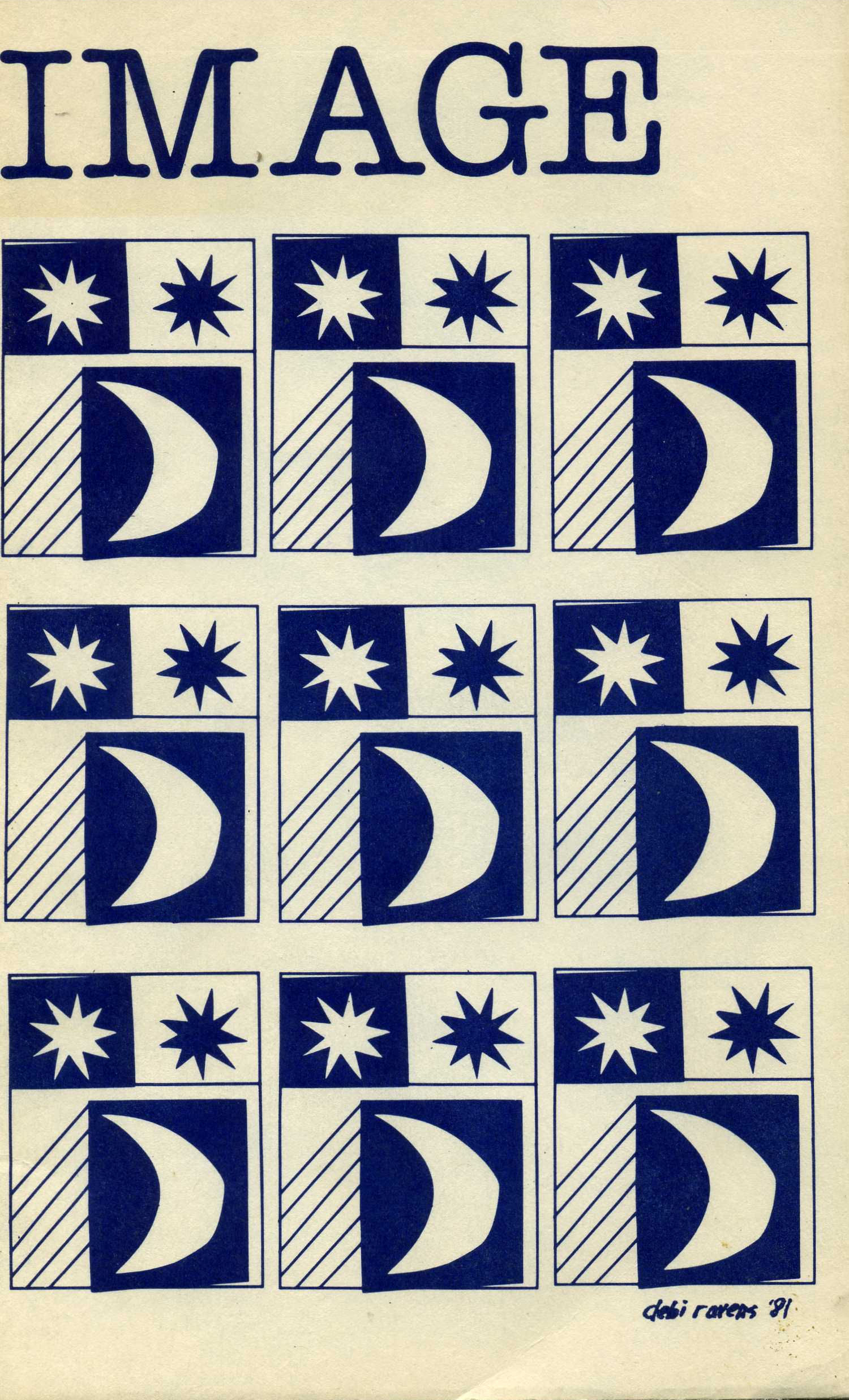I was in the mood for a Florida story after my recent fiction meanderings, and I had this recent acquisition on the outside of my double-stacked to-read shelves. Also, I remembered that Jimmy Buffett novels were supposed to be pretty good. After all, the Author’s Note points out that he is one of six authors to make it to the top of the New York Times Bestseller List in both fiction and nonfiction. So I gave it a go.
Sadly, I was disappointed.
The book started out with a tolerable, although Kenny Chesney song, sort of story. A cowboy on the run from a rich, vindictive ranch owner in Wyoming hides out in the Caribbean with his horse, ultimately settling into a fisherman’s guide job in the Yucatan. No, wait, let me back up: There’s a frame story, said cowboy at the behest of a very wealthy 102-year-old sailor woman, lands on a Cayo with a lighthouse and is tasked with restoring it. Meanwhile, the woman is on the hunt for an authentic replacement for the Fresnel lens that powered the lighthouse. Then we go into the flashback about the cowboy on the run, who meets his folk-singer hero, who lands the job as a fishing guide and runs into an ex-lover upon which he left on sudden terms, who goes to Belize to buy a jeep and has epic sex with a college girl who happens to be the rancher’s stepdaughter and who happens to turn him over to the bounty hunters looking for him, and who smokes a lot of spliffs on the way.
Then we get back to the real time, exposition and a panthenon of deus ex maquina occur as the folksinger hero, on a trip around the world in a restored amphibious plane, finds a Fresnel lens for him and as the rancher dies after a S&M video of her surfaces. The hero meets the grand-niece or something of the rich sailor woman (spoiler alert: rich sailor woman dies), inherits a mansion, and the book ends.
The book starts out in a rambly story telling fashion, then we start getting odder sidebar stories and letters from the folk singing hero telling about his travels, and then the main conflicts are resolved offstage, and the news from England that the rich rancher woman is dead and so on. The book is semi-enjoyable, but ultimately disappoints that the enjoyment that melts into semi-enjoyment goes nowhere.
Also, it gave me the freaking munchies.
Books mentioned in this review:



